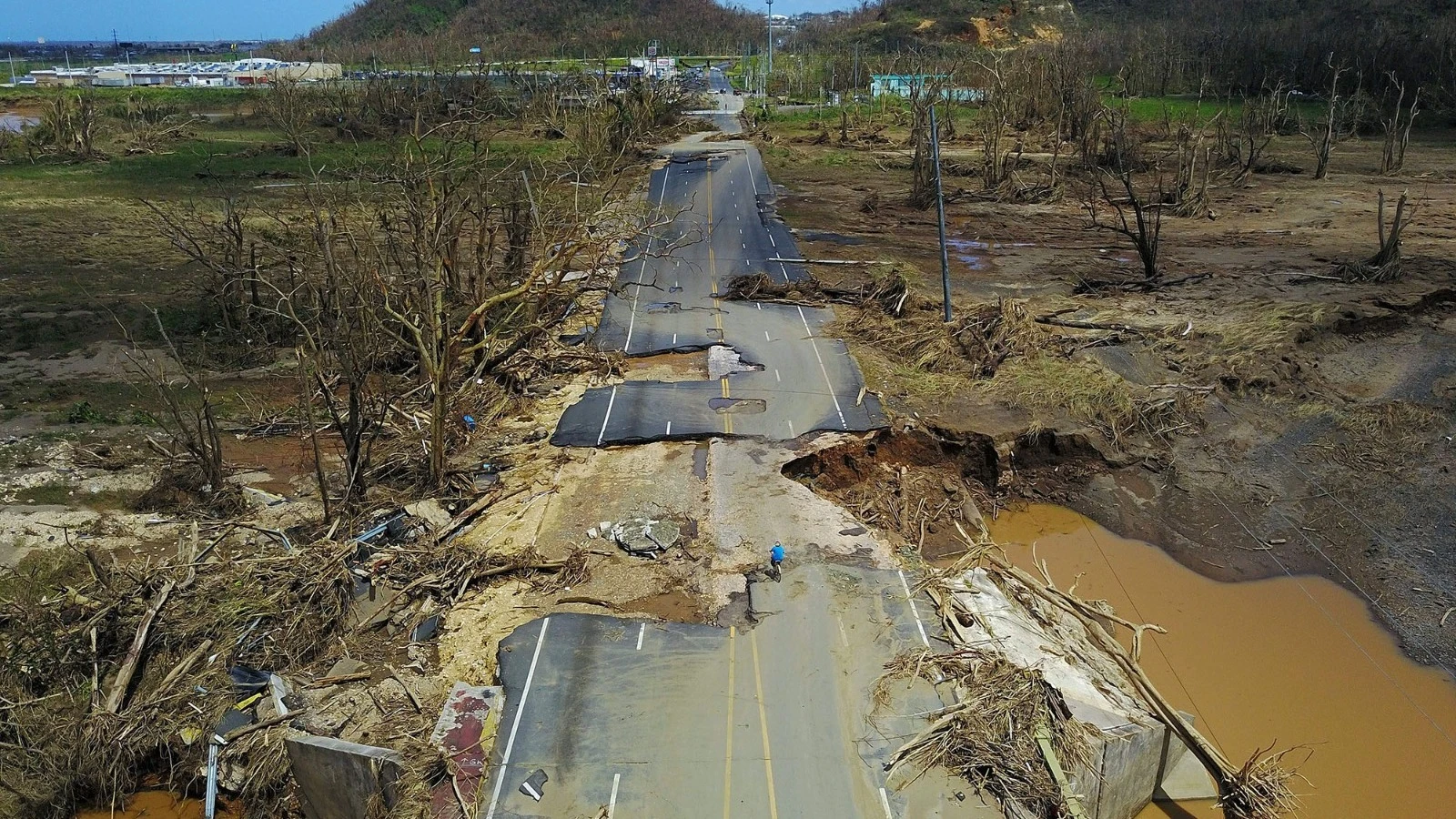Tanzania’s Energy Future: Shifting to Sustainable Alternatives

Tanzania’s energy sector is both a testament to progress and a reminder of the challenges inherent in developing nations striving for economic and social growth. With a population exceeding 63 million, only 40% of Tanzanians have access to electricity.
This stark reality underscores the importance of not only expanding access but also doing so sustainably. In recent years, a discernible shift towards alternative energy sources has emerged as the defining trend in Tanzania’s energy future, offering opportunities for transformation and innovation.
According to a report by the Tanzania Energy and Water Utilities Regulatory Authority (EWURA), the country’s energy sector is at a crossroads, characterised by challenges and opportunities for growth. These challenges range from an over-reliance on conventional energy sources to financial strains faced by the national power company, TANESCO. Yet, the opportunities are immense, driven by an urgent need to diversify the energy mix and adopt cleaner alternatives. This shift is not just about addressing immediate deficits but also about aligning Tanzania’s energy sector with global trends toward sustainability and resilience.
The backbone of Tanzania’s current energy infrastructure comprises thermal power plants fuelled by natural gas, coal, and heavy fuel oil, alongside a growing contribution from hydropower. These sources dominate the energy mix but are increasingly constrained by environmental and economic challenges. For example, while natural gas has been a cornerstone of energy production, its long-term environmental impact has led to a strategic pivot. Hydropower projects, such as the 2.1 GW Julius Nyerere Hydropower Plant, are heralded as critical investments in renewable energy, demonstrating the government’s commitment to reducing reliance on fossil fuels.
However, hydropower is not without its vulnerabilities. Climate change-induced droughts and fluctuations in water availability threaten the reliability of this energy source. This underscores the need for a diversified energy portfolio that includes more stable and reliable options. Nuclear energy, long recognised for its carbon-free footprint and consistent output, presents a viable solution for Tanzania.
Nuclear energy’s potential in Tanzania is particularly compelling given the country’s natural endowments. With uranium reserves exceeding 72,000 tons, Tanzania is uniquely positioned to develop its nuclear capability. The Mkuju River Project, led by Mantra Tanzania Limited and operated by Uranium One (a Rosatom subsidiary), serves as a prime example of how these resources can be harnessed responsibly. This project is not only an energy initiative but also a catalyst for socio-economic development in south-eastern Tanzania, fostering job creation, infrastructure growth, and technological advancement.
The importance of nuclear energy extends beyond resource utilisation. It is integral to addressing the financial challenges faced by TANESCO. The power company has struggled with losses despite increasing electricity demand, a scenario that highlights the urgent need for stable, efficient, and scalable energy sources. Nuclear energy offers a path to financial sustainability for the energy sector, reducing reliance on costly imports and volatile global markets.
Developing a robust nuclear energy programme requires more than natural resources – it demands skilled human capital and international collaboration. Tanzania is making strides in this direction by investing in education and training for young professionals in nuclear sciences. These efforts are aimed at building a workforce capable of driving the nuclear industry forward while ensuring adherence to international safety and operational standards. Such initiatives underscore the broader benefits of nuclear energy, not just as an energy solution but also as a driver of national development.
In the words of Professor John Kondoro, a re-known Tanzania Nuclear scientist and Chairman of the Commission for Science and Technology of Tanzania (COSTECH): “Nuclear energy is not merely an option for Tanzania – it is a necessity. By harnessing our natural uranium reserves and investing in advanced technologies, we can ensure a sustainable and prosperous future for all Tanzanians.”
The potential for nuclear energy to revolutionise Tanzania’s energy landscape is immense. Beyond meeting electricity demand, it has the capacity to transform industries, enhance healthcare through nuclear medicine, and improve agricultural productivity through radiation technologies. Tanzania’s participation in regional and international nuclear projects further underscores its readiness to embrace this transformative technology.
As Tanzania moves towards a more sustainable energy future, its approach serves as a model for other developing nations grappling with similar challenges. The integration of nuclear energy into its energy strategy demonstrates the potential for innovation and resilience, setting the stage for a brighter and more sustainable future.
Tanzania’s energy evolution is more than a technical endeavour – it is a testament to the country’s resolve to build a future defined by progress, sustainability, and prosperity. With its vast uranium resources, strategic investments, and commitment to alternative energy, Tanzania is well on its way to becoming a leader in the global energy transition.
Top Headlines
© 2025 IPPMEDIA.COM. ALL RIGHTS RESERVED






















